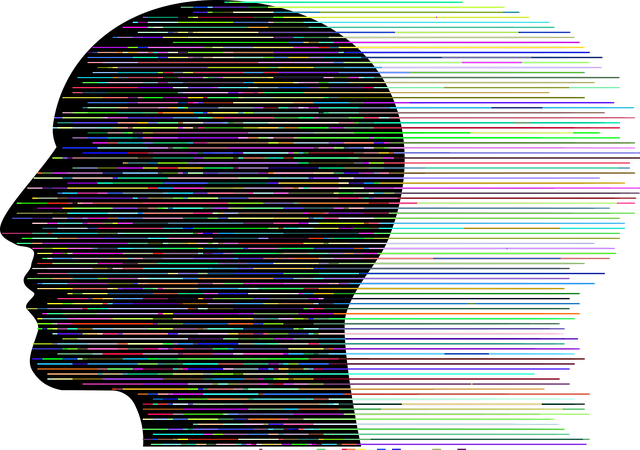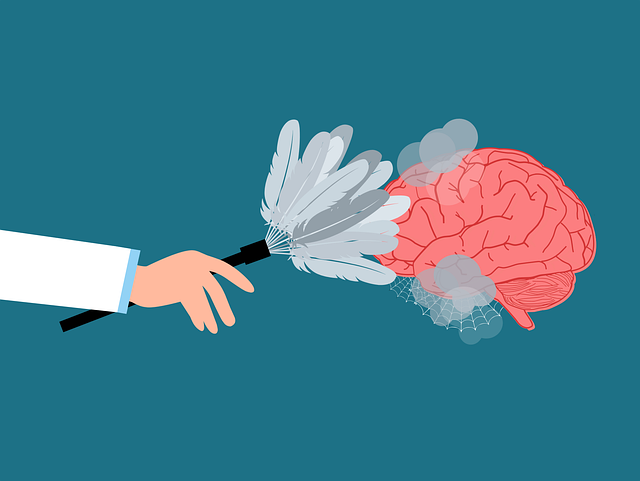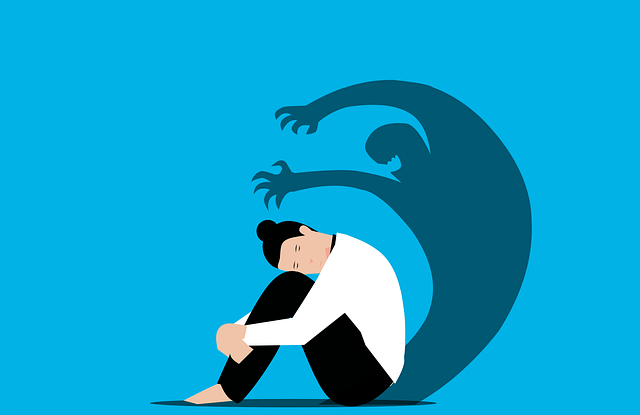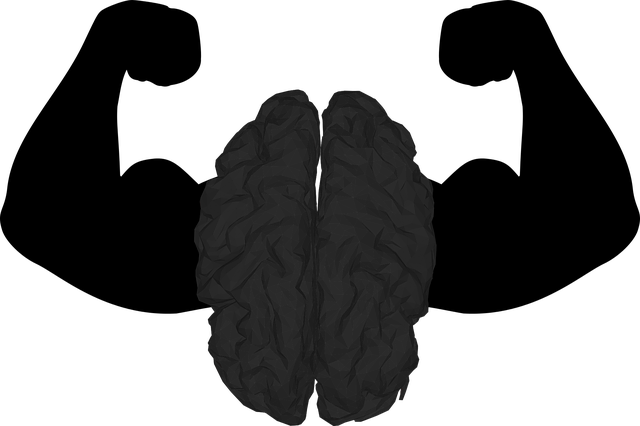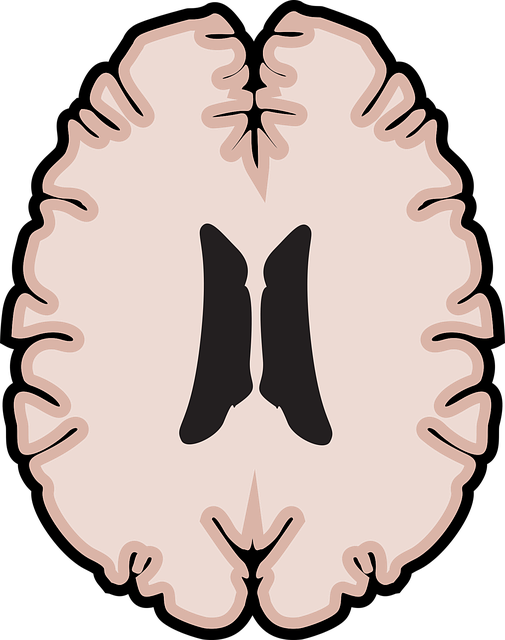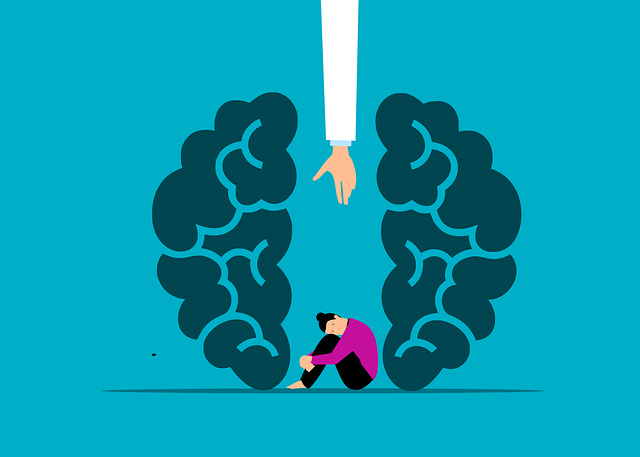Greenwood Village Crisis Counseling Therapy (GVCT) addresses the growing need for accessible mental health support with innovative self-assessment tools. They offer a holistic approach, combining Emotional Intelligence and Conflict Resolution techniques to empower individuals facing crises. By integrating technology, GVCT improves reach, especially for younger demographics, through online platforms that provide confidential self-assessments and tailored resources. Their tools measure diverse psychological aspects, promote self-reflection, and incorporate CBT elements for validity. Continuous testing and improvement ensure the sensitivity and effectiveness of their mental wellness assessment framework.
In today’s fast-paced world, mental wellness is paramount. This article explores the development of self-assessment tools tailored for mental health, focusing on strategies that complement Greenwood Village Crisis Counseling Therapy. We delve into the critical need for accessible and effective crisis counseling, defining what makes an approach successful. Integrating technology for remote assessments while emphasizing key components of a robust framework, this guide offers insights into testing, validation, and continuous improvement to enhance mental wellness support.
- Understanding the Need for Self-Assessment Tools in Mental Health
- Defining Effective Crisis Counseling Therapy Approaches
- Integrating Technology for Accessible Mental Wellness Assessment
- Key Components of a Comprehensive Self-Assessment Framework
- Testing, Validation, and Continuous Improvement Strategies
Understanding the Need for Self-Assessment Tools in Mental Health

In today’s fast-paced world, mental health awareness is more crucial than ever. Tools that facilitate self-assessment play a pivotal role in early identification of mental wellness issues, offering individuals and communities valuable insights into their emotional well-being. At Greenwood Village Crisis Counseling Therapy, we recognize that seeking support for one’s mental health can be challenging. Thus, our focus on developing user-friendly self-assessment tools aims to encourage proactive measures towards maintaining good mental health, much like Burnout Prevention Strategies for Healthcare Providers.
These tools are designed to promote Self-Care Practices, enabling individuals to take charge of their emotional well-being. By providing accessible resources, we aim to reduce the stigma surrounding mental health and foster a culture where people feel empowered to seek help and make informed decisions regarding their wellness. This proactive approach is essential in addressing rising concerns about mental health crises, especially among younger demographics.
Defining Effective Crisis Counseling Therapy Approaches

In developing effective crisis counseling therapy approaches, it’s crucial to define strategies that cater to the unique needs of individuals facing mental health crises. Greenwood Village Crisis Counseling Therapy emphasizes a holistic, client-centered approach that goes beyond traditional techniques. By integrating Emotional Intelligence and Conflict Resolution Techniques into the process, counselors can foster better understanding and communication during these challenging times.
The goal is not just to intervene but to empower clients with skills for long-term resilience. Crisis Intervention Guidance plays a pivotal role in this process by providing immediate support while teaching practical strategies to navigate future crises. This tailored approach ensures that individuals emerge from the crisis feeling heard, validated, and equipped with the tools to maintain their mental wellness.
Integrating Technology for Accessible Mental Wellness Assessment

In today’s digital era, integrating technology into mental wellness assessments offers a promising avenue to improve accessibility and reach a broader population, especially in areas like Greenwood Village Crisis Counseling Therapy. Online platforms and mobile applications can provide convenient, confidential, and easily accessible tools for self-assessment, potentially reducing barriers to care. These technologies allow individuals to discreetly evaluate their mental health from the comfort of their homes, fostering a sense of empowerment and encouraging early intervention.
For instance, digital assessment tools can incorporate interactive questionnaires, mood trackers, and personalized feedback mechanisms to guide users toward resources tailored to their specific needs. Moreover, these platforms can be designed with healthcare provider involvement, ensuring cultural sensitivity and competency, as evidenced by the effectiveness of Burnout Prevention Strategies for Healthcare Providers and Positive Thinking interventions. Such integrated technology has the potential to enhance traditional therapy models, making mental wellness support more inclusive and efficient.
Key Components of a Comprehensive Self-Assessment Framework

A comprehensive self-assessment framework for mental wellness should encompass several key components to ensure it’s effectiveness and accuracy. Firstly, it must include a diverse range of assessment tools tailored to evaluate various aspects of an individual’s psychological well-being. This involves not only gauging symptoms of common mental health disorders but also assessing factors like stress levels, emotional resilience, social connections, and coping mechanisms. The framework should facilitate self-reflection by providing clear instructions and intuitive questions that encourage honest responses without causing distress.
Additionally, incorporating elements from established therapeutic approaches such as cognitive behavioral therapy (CBT) techniques can enhance the assessment’s validity. For instance, including scales to measure anxiety, depression, and mood fluctuations can offer valuable insights into an individual’s mental health status. Integrating these components seamlessly, a well-designed self-assessment tool like those offered by Greenwood Village Crisis Counseling Therapy can empower individuals to take charge of their mental health, facilitating early intervention and promoting positive mental health policy analysis and advocacy.
Testing, Validation, and Continuous Improvement Strategies

Testing, validation, and continuous improvement are critical components for developing effective mental wellness self-assessment tools. At Greenwood Village Crisis Counseling Therapy, we prioritize rigorous testing to ensure our assessments accurately measure individual emotional well-being. This involves administering the tools to a diverse range of individuals and collecting feedback to refine questions and scoring metrics.
Through validation processes, we assess the reliability and validity of the assessments, confirming they truly gauge mental wellness effectively. This includes statistical analyses for consistency and correlations with established measures of burnout prevention and compassion cultivation practices. Continuous improvement strategies are then implemented based on findings from testing and validation, incorporating Emotional Well-being Promotion Techniques to enhance the tool’s sensitivity and specificity.
Greenwood Village Crisis Counseling Therapy has been at the forefront of recognizing the critical need for accessible mental wellness self-assessment tools. By combining traditional crisis counseling techniques with modern technology, we aim to democratize mental health support. Through defining effective approaches, integrating innovative solutions, and focusing on key components, our framework ensures comprehensive assessments. Continuous testing, validation, and improvement strategies are essential to meet individual needs effectively. This holistic approach empowers individuals to take control of their mental wellness journey, fostering a healthier and more supportive community.

